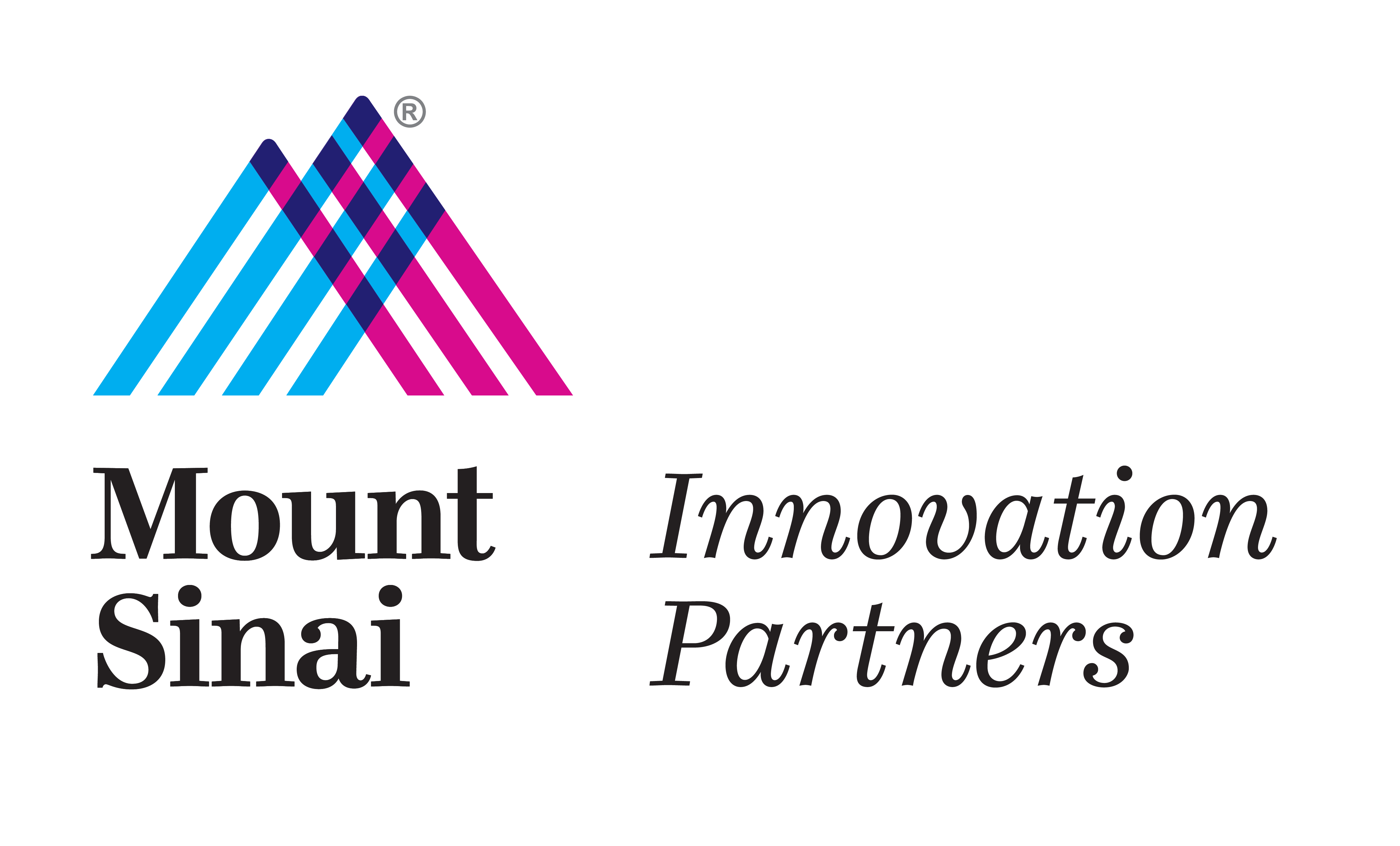Researchers have discovered that Pentosan polysulfate acts through inhibiting TNF-alpha-mediated NFKB activation, and that it could have broad anti-inflammatory applications. The most promising applications of the technology include prevention of formation and rupture of atherosclerotic plaque, and reduction of damage to the kidneys from diabetic nephropathy.
Current Development Status
- Preclinical
Applications
- Prevention of inflammation-mediated complications of diseases, including:
- Reduction in the development and/or progression of diabetic nephropathy
- Prevention and/or treatment of atherosclerosis
- Prevention of rupture of atherosclerotic plaque
Advantages
- Prevention and/or treatment of common diseases that are costly to treat
- Repurposing opportunity of long-used drug with well-established safety profile
Publications
- Lupia, E. et. al, Pentosan polysulfate inhibits atherosclerosis in Watanabe heritable hyperlipidemic rabbits: differential modulation of metalloproteinase-2 and -9. Laboratory Investigation (2012) 92, 236–245
- Wu, J. et al. Inhibition of inflammation by pentosan polysulfate impedes the development and progression of severe diabetic nephropathy in aging C57B6 mice. Laboratory Investigation (2011) 91, 1459–1471
Patent Status
- International Application PCT/US2011/021429 filed January 14, 2011
- Status: Published. International Publication No. WO 2011/088418
- US Utility Application 13/522,441 filed October 5, 2012
- Status: Issued. US Patent No. 8,871,741
- US Divisional Application 14/490,916 filed September 19, 2014
- Status: Pending. US Publication No. US-2015-0141369-A1
Contact
William Chiang, PhD
Business Development Director
Mount Sinai Innovation Partners | Icahn School of Medicine at Mount Sinai
Phone: (609) 575-7033

